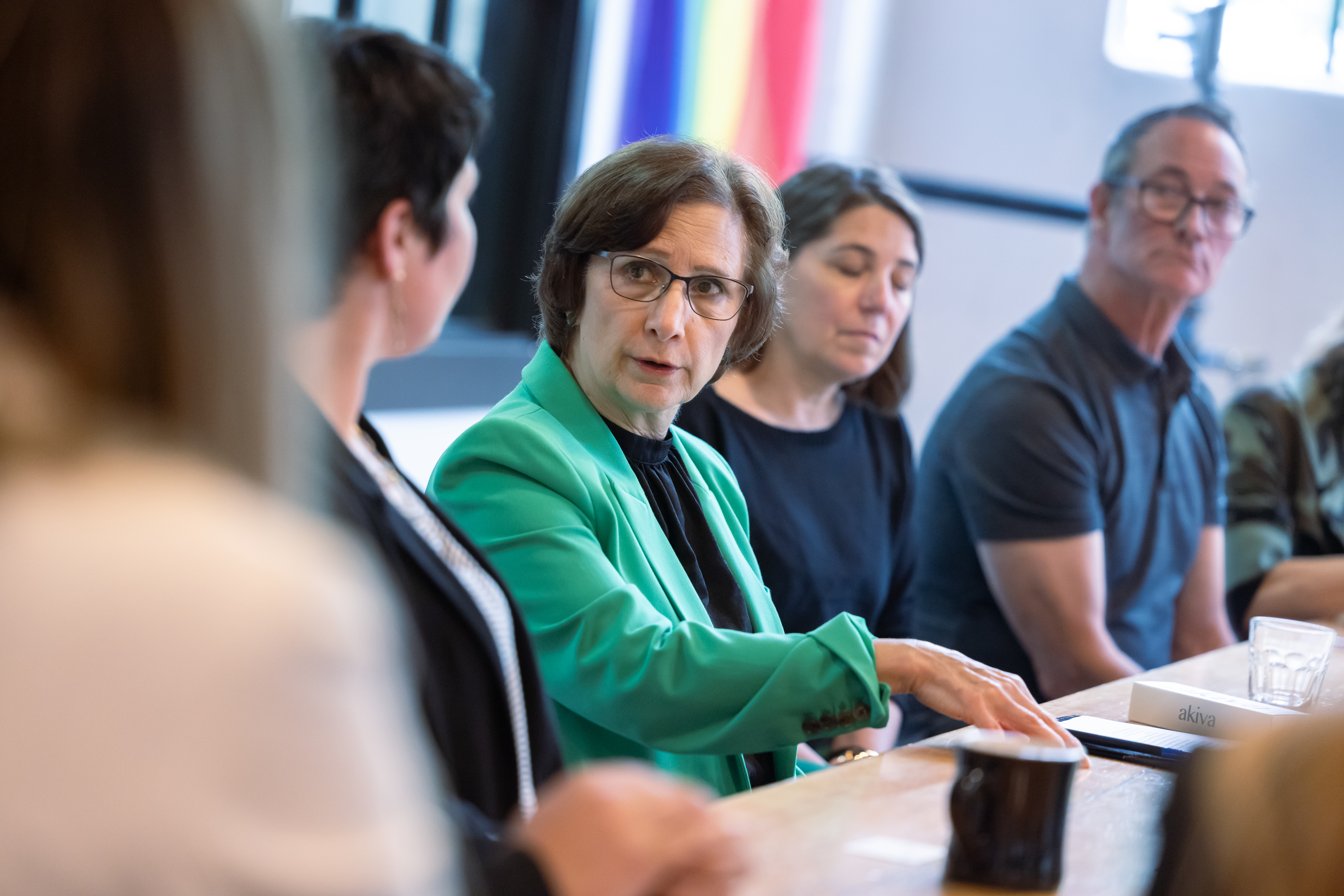Capital Chatter: Democracy is difficult to sustain, as Poland shows
Published 5:30 pm Thursday, June 2, 2022

- capital chatter logo
On the day Oregonians chose Tina Kotek and Christine Drazan as their Democratic and Republican nominees for governor, I was supposed to be in Russia.
Instead, I was sailing the Baltic Sea toward Finland after a sobering day in Gdańsk, Poland. Russia’s invasion of Ukraine had caused St. Petersburg to be dropped from our itinerary.
Two years ago, when friends broached the idea of a Northern European trip in May 2022, I wasn’t thinking about this being a gubernatorial election year. I simply calculated that the annual legislative session would be done in time for me to go, and that my wife deserved such a once-in-a-lifetime trip as she contemplated retirement.
Gdańsk was a fitting place to contemplate democracy.
World War II in Europe began when Germany attacked a Polish garrison near the Free City of Danzig, now known by the Polish name of Gdańsk. Poles vividly remember how that outmanned and outgunned garrison managed to hold out longer than expected, and today find unity in Ukraine’s continuing resolve against Russia.
About 115 members of the Oregon National Guard currently are in Poland as part of the U.S. military deployed there to counter Russian expansionism.
The physical scars, and perhaps the psychological ones, from WWII remain evident in Gdańsk. Seventy-seven years later, the city still is rebuilding from the devastating Soviet bombardments as the war came to a close. Seeing the ongoing reconstruction was both inspiring and haunting.
Along with the rest of Poland and Nazi-occupied territory, Gdańsk endured the horrors of the Holocaust. As antisemitism rose in the 1930s, many Jews emigrated overseas from Gdańsk. When war arrived, the remainder were sent to concentration camps, forcibly removed elsewhere or died in other ways. A Jewish community that had flourished since the 15th century disappeared.
I’ve been to Holocaust museums and met with survivors. But being in Gdańsk, and hearing our guide tell the city’s history, brought death to life in a different way.
Our visit underscored the importance of why the Oregon Legislature in 2019 unanimously passed Senate Bill 664 requiring that public schools teach about the Holocaust and other genocides – to guard against history repeating itself. A high school freshman – Claire Sarnowski, 14, of Lake Oswego, who had developed a deep friendship with Holocaust survivor Alter Wiener – launched the legislation with the help of state Sen. Rob Wagner.
As Germany was defeated, the Soviets took over Poland, turning it into a communist state that lasted for decades. Protests and dissent were put down violently. The towering Three Crosses Monument – also known as the The Memorial to the Fallen Shipyard Workers – honors more than 40 individuals killed during 1970 protests that began at the Lenin Shipyard in Gdańsk.
In 1980, uprisings at that same shipyard created the Solidarity movement, the first independent trade union in the Soviet bloc. That in turn led to the collapse of communism in Poland’s government and the election of Gdańsk’s Lech Walesa as president. The Soviet Union dissolved two years later.
But this is not an all-rosy tale. Poland has struggled. Democracy is difficult to achieve and even more difficult to sustain. The solidarity against communism fractured. Gdańsk is a civic beacon of democracy and citizen assembly, whereas the Civil Liberties Union for Europe this year warned that such former communist states as Poland and Hungary are increasingly authoritarian.
Democracy in Oregon: Turnout for the May 17 primary election can be characterized as wonderful or wimpy, depending on one’s perspective. As of noon Thursday, the Secretary of State’s Office reported 1,095,064 ballots had been cast, a record for a non-presidential primary. But the overall turnout was merely 37.14% of registered voters.
A swath of Eastern Oregon counties led the way. Gilliam, Wheeler, Grant and Harney all recorded turnouts between 49% and 52%.
Unaffiliated voters, who outnumber Democrats or Republicans, couldn’t vote in party primary races for Congress, governor, Legislature or some county offices. Neither could voters registered with so-called minor parties.
But everyone could vote for the important local and state nonpartisan positions on the ballot. My wife and I voted by absentee ballot in Polk County before our trip, doing our small part toward the county’s 39.9% turnout.
“It’s pretty crazy. We’ve seen this for a long time. Apparently to run for office you need to be in a playground with a dog and a family.”
James Moore, a Pacific University professor who studies Oregon elections.





